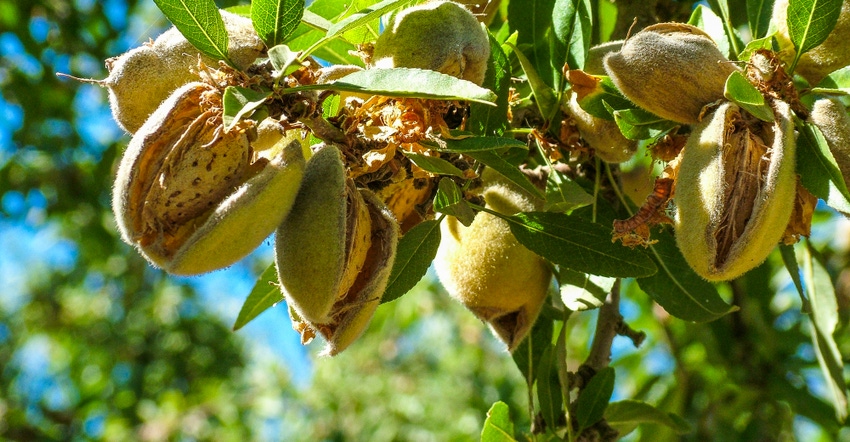August 10, 2018

All tolerances for and registrations of chlorpyrifos could soon be banned under a court order issued by the Ninth Circuit Court of Appeals. The decision nullifies last year’s decision by former Environmental Protection Agency Administrator Scott Pruitt, who cancelled the agency’s proposal to ban the product.
The decision is borne from a lawsuit by a variety of labor and environmental activist organizations against the EPA. Joining petitioners in the suit included the states of California, New York, Maryland, Vermont, Washington, Massachusetts, Hawaii and the District of Columbia.
While it is publicly unknown whether the EPA will appeal to the US Supreme Court or simply comply with the ruling, California growers are being told it’s “business as usual” for the meantime. In short, California growers can still use chlorpyrifos under current state regulations and label restrictions.
As it stands, chlorpyrifos remains a restricted use pesticide labeled for specific crops and uses in California and will be treated as such by the California Department of Pesticide Regulation, according to DPR Spokesperson Charlotte Fadipe. If the EPA cancels all tolerances of chlorpyrifos then California would do the same. Until then Fadipe says DPR will continue to monitor the legal proceedings and “carry on looking at what protections and restrictions are necessary.”
Growers in other states are encouraged to contact their local regulatory agencies if they have questions about chlorpyrifos.
Chlorpyrifos is an insecticide used by farmers in a variety of crops, including almonds, citrus, alfalfa, wine grapes, and cotton. It is also used to control termite and mosquito populations in urban settings. California made chlorpyrifos a restricted-use material in 2015, requiring a special permit before the product could be used.
Banning the product removes the broad-spectrum insecticide from consideration in controlling such pests as vine mealybug (wine grapes), the Asian citrus psyllid (citrus trees), and aphids and white flies (cotton). It is characterized as the only effective and practical treatment to control the Argentine ant and native gray ant. The Argentine ant is known to protect Asian citrus psyllid (ACP) nymphs, making it impossible to utilize biological control methods (parasitic wasps) to control populations of that pest. The ACP is responsible for spreading Huanglongbing, a deadly citrus disease that has decimated Florida’s citrus industry and is spreading rapidly through residential neighborhoods in southern California
Chlorpyrifos is also effective in controlling citrus pests including red scale and citricola scale, which can cause significant damage to fruit.
“It is a sad day when men in robes expect respect for their interpretation of the law but fail to respect the scientific processes and those individuals assigned that responsibility,” said California Citrus Mutual President Joel Nelsen in a statement after the decision was announced. “Our state attorney general is obviously an individual that supports a flawed process and ignores a science advisory panel from the previous administration.”
Nelsen sharply criticized the California administration for its stance on agriculture when it declared that farming does not contribute to the state’s economic growth. Decisions like the one out of the Ninth Circuit are borne out of the opinions of lawyers and activists to reduce the ability of California growers to produce food and fiber, he said.
Corn growers also argued for continued use of the product as revoking it could result in plant yield losses. Growers of apples, asparagus, cherries, mint, onions, peaches, peanuts, peas, pineapple, sorghum, soybeans, strawberries, sugar beet, sunflower, tree fruit, tree nuts, vegetables, and wheat also must find alternatives to the broad-spectrum insecticide once the product is banned.
You May Also Like




